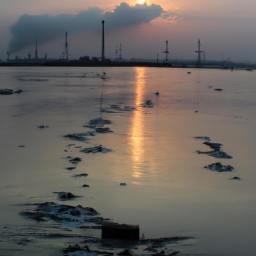840
Newsletter
Subscribe to our newsletter for exclusive content, latest news and trends, and exciting new features.
Tranding
Categories
TechnologyArts and cultureTravel and tourism
Health and wellnessEntertainmentPets and animalsEnvironment and sustainabilityBusiness and entrepreneurshipMusic and EntertainmentLifestyleGaming and esportsScience and natureLiterature and writingBeauty and personal careHome and gardenFood and cookingSports and fitnessEducation and learning


















Comments
Leave a Comment